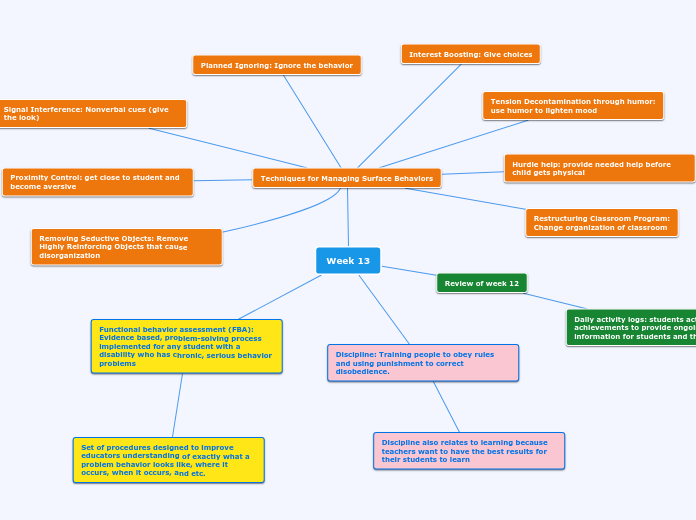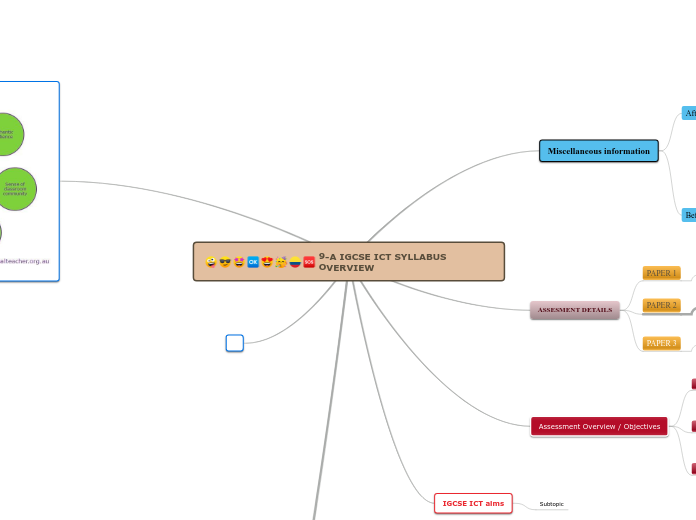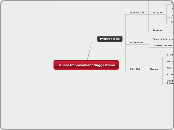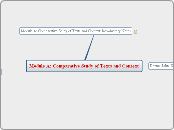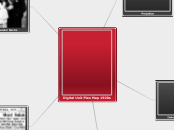by Sydnee Gorham 5 years ago
451
Week 13
Educators employ a variety of strategies to manage classroom behavior and enhance learning outcomes. Techniques such as using humor to reduce tension, giving students choices to boost engagement, and restructuring the classroom environment are effective in maintaining a positive atmosphere.
